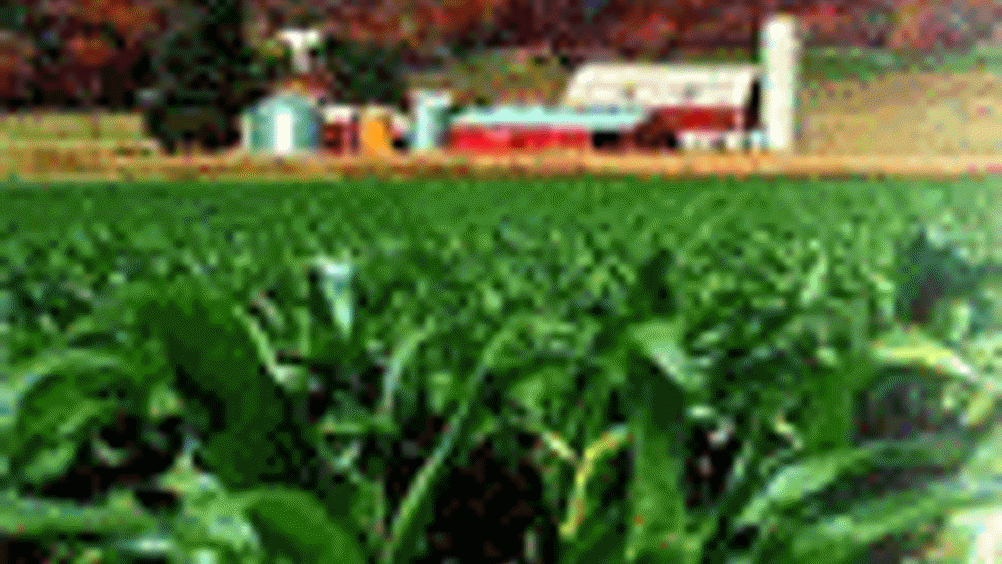Nuisance nanoparticles
A nanoparticle commonly used in industry could have a damaging effect on plant life, according to a report by an environmental scientist at New Jersey Institute of Technology.

A nanoparticle commonly used in industry could have a damaging effect on plant life, according to a report by an environmental scientist at
(NJIT).
The report, published in a recent issue of Toxicology Letters, shows that nanoparticles of aluminium oxide slowed the growth of roots in corn, cucumber, cabbage, carrot and soybean.
Aluminium nanoparticles are commonly used in scratch-resistant transparent coatings, sunscreen lotions that provide transparent-UV protection and environmental catalysts that reduce pollution, said Daniel J. Watts, PhD, the lead author of the study.
"Before this study there was an assumption that nanoparticles had no effect on plants," said Watts, executive director of the
Register now to continue reading
Thanks for visiting The Engineer. You’ve now reached your monthly limit of news stories. Register for free to unlock unlimited access to all of our news coverage, as well as premium content including opinion, in-depth features and special reports.
Benefits of registering
-
In-depth insights and coverage of key emerging trends
-
Unrestricted access to special reports throughout the year
-
Daily technology news delivered straight to your inbox










Fusion inches closer as ITER completes magnet system
I believe the purpose of ITER isn't to make usable power, it is a research project which will be used to design the first generation of actual...